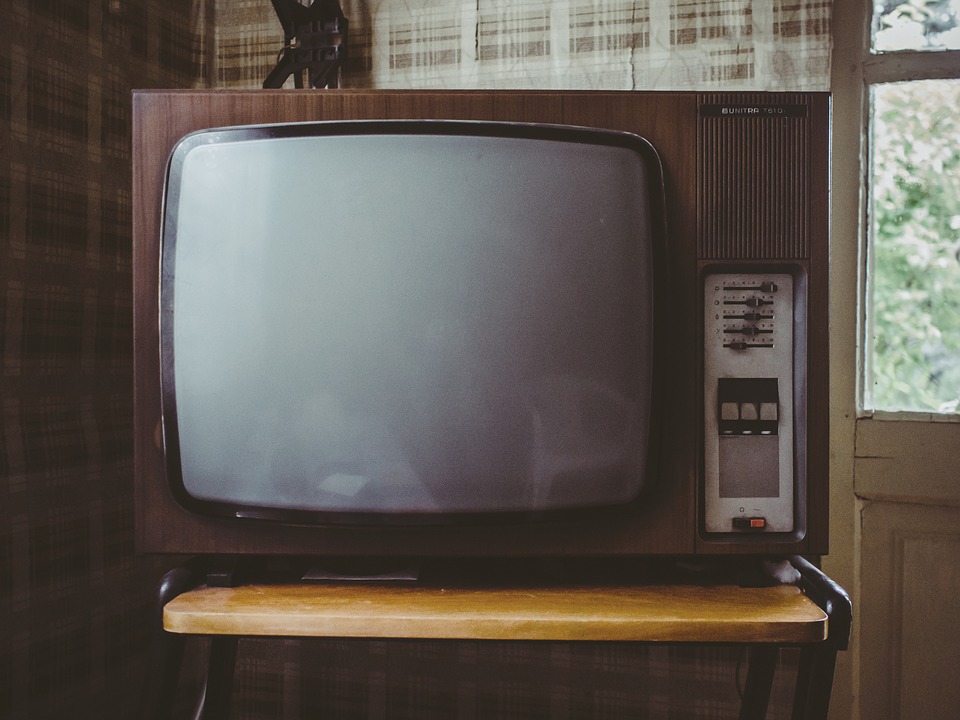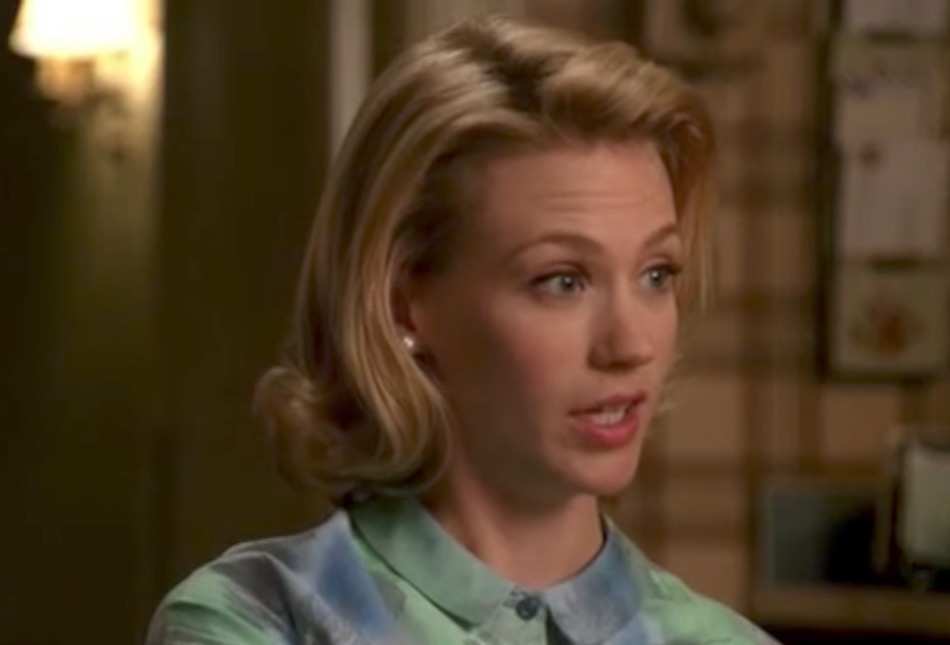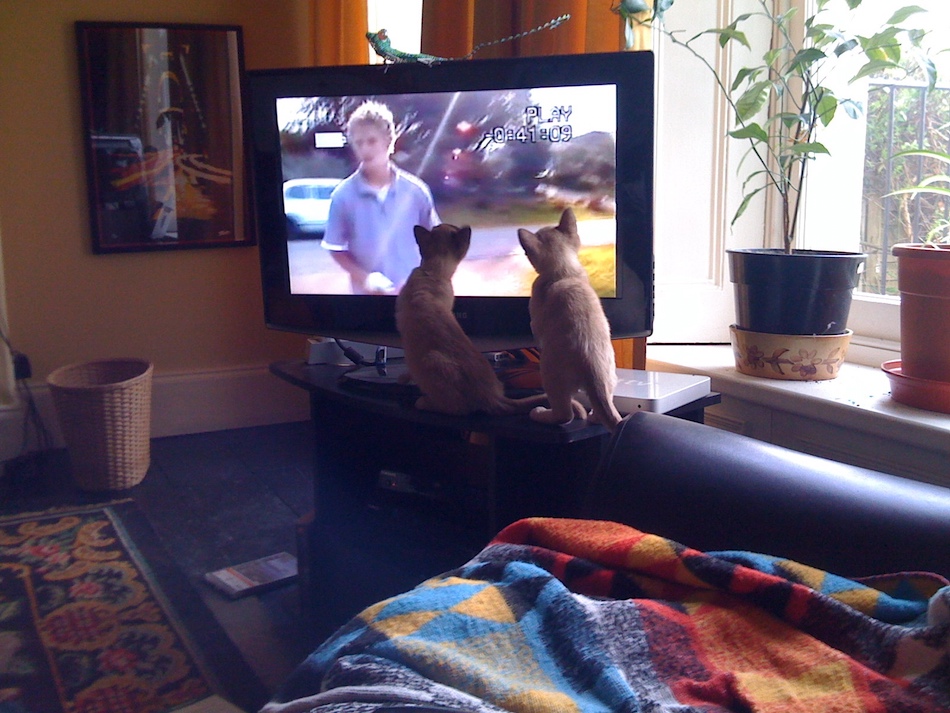Can TV actually make you smarter?
The short answer is… drum roll please… yes!
Before we dive into how and why, though, I need to begin with a disclaimer: not all television can boost your intelligence to the same degree. The studies and authors mentioned below talk specifically about highly acclaimed fictional TV. This includes shows like Mad Men, The Sopranos, and The West Wing.
Although you could argue that some of the less-acclaimed TV shows do similar things to your brain. It's not out of the realm of reason to argue that reality TV could even trigger some of the same areas of your brain. However, that study has yet to be conducted!
What is your favorite TV show? Do you think it is making you smarter? It very well may be boosting your social and emotional intelligence!
Please SHARE with your family and friends on Facebook who absolutely love to watch TV!

For decades, we've been hearing that TV turns our minds to goop. Yes, hours and hours of mindless television isn't great for anyone due to the fact that you're sitting on your rear and letting your body go. However, you could be exercising your mind while you watch.
So, as with everything when it comes to your health, everything must be in moderation!

But recently, hard scientific evidence has pointed to the conclusion that watching quality fictional television can help you score higher on certain tests. This includes the RMET test, which tests your social intelligence.
A 2015 study conducted by Jessica Black at the University of Oklahoma shows clear evidence that watching certain shows like Mad Men, The Good Wife, The West Wing, and Lost increased people's scores on testing. Participants watched one of these shows, or a documentary. The fiction watchers scored notably higher than the documentary viewers — and certainly higher than the control group, who watched nothing at all. But why?

First of all, the fictional shows were selected based on merit. Not just any old show will do. All of the above shows won various awards in their first seasons for everything from writing to directing to acting.
These shows all deal with complex social relationships and character arcs. The viewer's mind is working the whole time to try and pick up on cues for shifts in relationships, and to try and determine what may happen next. It really is a workout for the mind!

Similar tests have been conducted in regard to literature, showing similar results. The idea behind these tests is that literary fiction requires people to learn how to attribute mental states to others, to have inner conversations with the author, and to fill in the gaps in the pages.
However, there are many scholars that argue television does an equal or even better job of boosting these scores and encouraging this kind of thinking. Seeing real facial expressions could have a great deal to do with this.

Within the television study, researchers also found that females were slightly better at reading emotions on the test, but only by a very small amount. This was true across the board for those who watched fiction, documentary, and nothing at all.
Just a little aside for all the smart women out there!

To follow a different train of thought, it's important to look at how TV has changed over the years. Shows have gotten much more complex, political, and engaging, and they have dealt with some very real and pressing problems.
Author Steve Johnson has studied this topic for essentially his whole professional life. In the book Everything Bad Is Good for You, he explores today's modern landscape of popular culture, in part focusing on television.

Looking at shows like The Sopranos, 24, and others that utilize violence, politics, and controversial actions as essential parts of their story lines, Steve theorizes that watching these shows does, in fact, make us smarter. They force us to judge the morality of a character's actions, as well as encourage us as viewers to make educated assumptions about character alliances and potential future plot points.

So, to sum everything up, watching fictional television drama really does help your emotional and social intelligence. That is, as long as you're smart about it!
What is your favorite TV drama? Please SHARE with your family and friends on Facebook!




